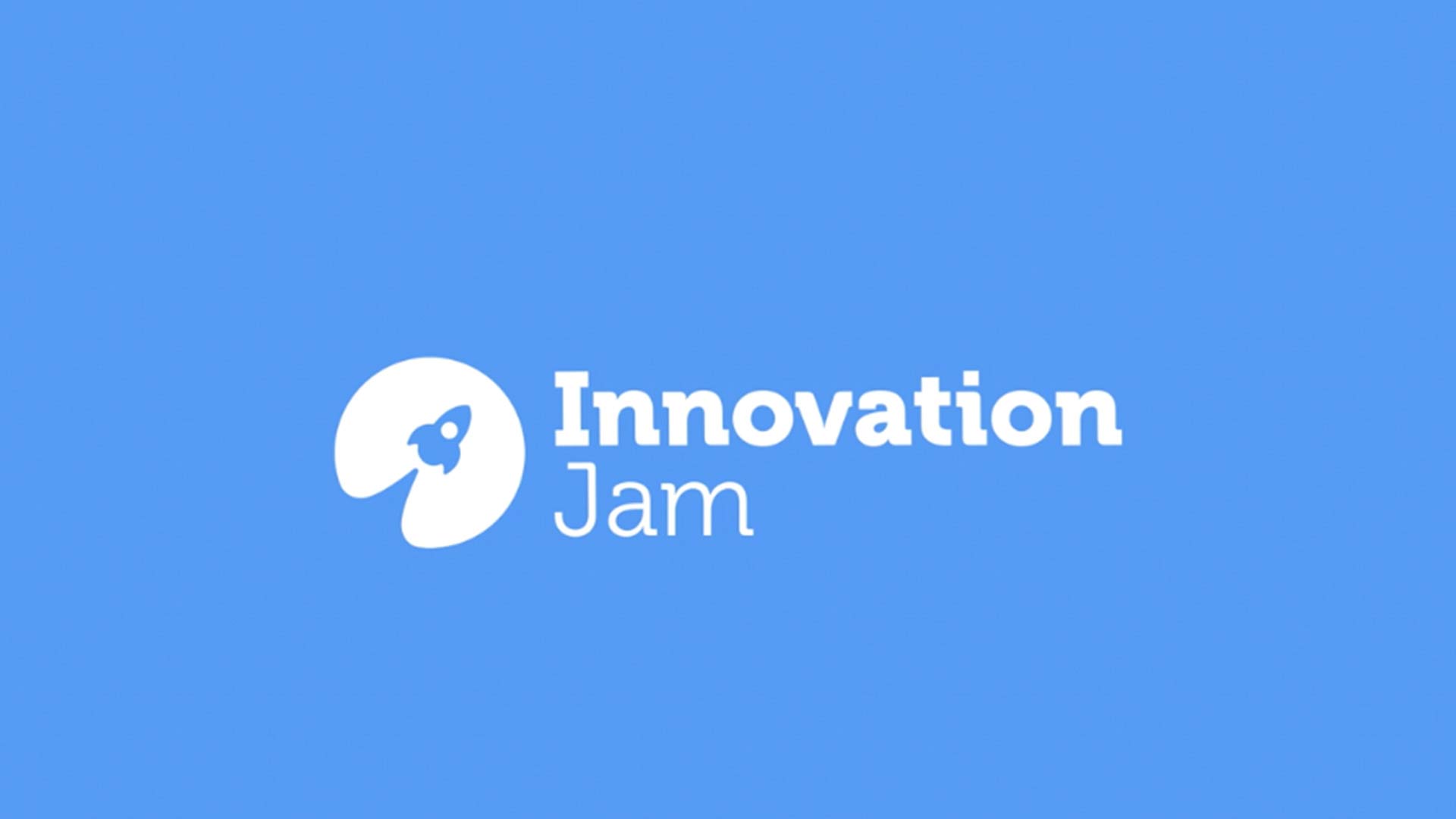
AI-Enabled Higher Education
Operational Efficiency: how can we be free to do what we do best?
Academics use an extensive range of resources to support learning and teaching. From presentations, case studies, instructional video, quizzes, interactional content and theoretical or practical texts, the list is endless, but also time consuming, something that is an issue in a world of scarce hours.
Resources may be created by an academic or sourced from open web content, business and government websites and commercially published material. For example, many teaching staff access resources through the RMIT Library.
The search for relevant and up-to-date resources can be laborious and time consuming, with a high chance of hit-and-miss in locating appropriate resources.
The effort invested may not be cost-effective, especially when built into a course. These resources tend to sit within individual CANVAS shells instead of being shared among other courses to maximise their usage.
Efficiency in operations has never been more important for RMIT. The University is actively finding ways to run its operations either to a higher quality or more cheaply.
In designing course content and delivery, academics also engage with a number of L&T systems, including CANVAS, Course Guide and scheduling systems.
Again, the manual tasks are tedious, time consuming and error-prone. This can also lead to duplication of work, raising issues in maintaining consistency and quality in the information made available across the version systems.

Innovation Jam at RMIT
The College of Business and Law collaborated with RMIT Activator to run a 12-week course to develop innovative e-tech ideas into products for the university to implement. Here's how the participants found the course.
Academic dashboard the start of a bigger project
To increase efficiency for RMIT’s academics, a team of eight College of Business and Law (COBL) staff came up with an idea called the Academic AI Mentor (AAIM) Dashboard.
It’s a Shared Learning Repository designed to free up academics and other teaching staff to put time back into student engagement, resulting in higher teaching quality and increased staff and student engagement with one another.
In essence, such an idea could allow for reforms to the approach to teaching in the Higher Education sector, particularly with the (forced) acceleration of online and remote learning in 2020.
“The AAIM Dashboard will relieve the academics from these repetitive tasks, giving them more time to engage with students productively,” said the project team, comprised of Illiya Ananiev, Dr. Charles Lau, Dr. Paul Mercieca, Professor Hepu Deng, Professor Booi Kam, Professor Joan Richardson, Dr. Jim McGovern and Professor Matthews Nkhoma, in their latest project update.
“It will interface a range of L&T systems, such as the course guide editing systems (CAPS) and the learning management system (CANVAS) and provide a gateway to a shared learning repository, where resources will be processed in bite-sized chunks complete with descriptive information (metadata).”
“The resources can be sourced from open educational resources, materials created by RMIT academics or link to RMIT Library’s access to publishers’ content.”
The project idea isn’t fully formed yet, either. The project team call AAIM “the first phase of an ongoing project.”
“The second phase will develop a student-based dashboard called Student AI Mentor (SAIM) that can draw additional resources from the repository to augment Learning & Teaching and automate learning performance assessment.”
“The two dashboards will be integrated into the existing LMS, powered by AI (machine learning and pattern recognition) and equipped with learning analytics to monitor student engagement with resources,” they explained.
The end goal of AAIM and SAIM is to create an integrated AI Learning Management System aimed at freeing up valuable time for everyone at RMIT, and get staff and students focusing on what they’re best at: teaching and learning.
Learning alongside other entrepreneurs at RMIT
After first pitching their idea to COBL in 2019 during the call-out phase of the Innovation Jam, the team we’re selected as one of the projects worthy of undertaking a 12-week workshop with RMIT Activator, a collaboration that was aimed at using RMIT Activator’s innovative entrepreneurial tools to empower them to push their ideas into further development.
“This project forms part of COBL’s Innovation Jam that works with RMIT Activator. It has afforded a hands on exploration of moving an idea to a viable project outline,” said the project team.
The team praised the workshops for their assistance in helping translate their idea into a product, with Activator’s entrepreneurial expertise on show throughout the 12-week program.
“Drawing on a range of expertise, the project team has formulated ways to translate its vision into a workable prototype. Collaborating with other project teams has also fostered a collegiality that allowed ideas to be explored, tested and supported,” they said.
With operational efficiency the new black in 2020, a data-driven and integrated AI Learning Management System might just be the golden ticket to a better future for RMIT’s staff and students.


Acknowledgement of Country
RMIT University acknowledges the people of the Woi wurrung and Boon wurrung language groups of the eastern Kulin Nation on whose unceded lands we conduct the business of the University. RMIT University respectfully acknowledges their Ancestors and Elders, past and present. RMIT also acknowledges the Traditional Custodians and their Ancestors of the lands and waters across Australia where we conduct our business - Artwork 'Sentient' by Hollie Johnson, Gunaikurnai and Monero Ngarigo.
More information